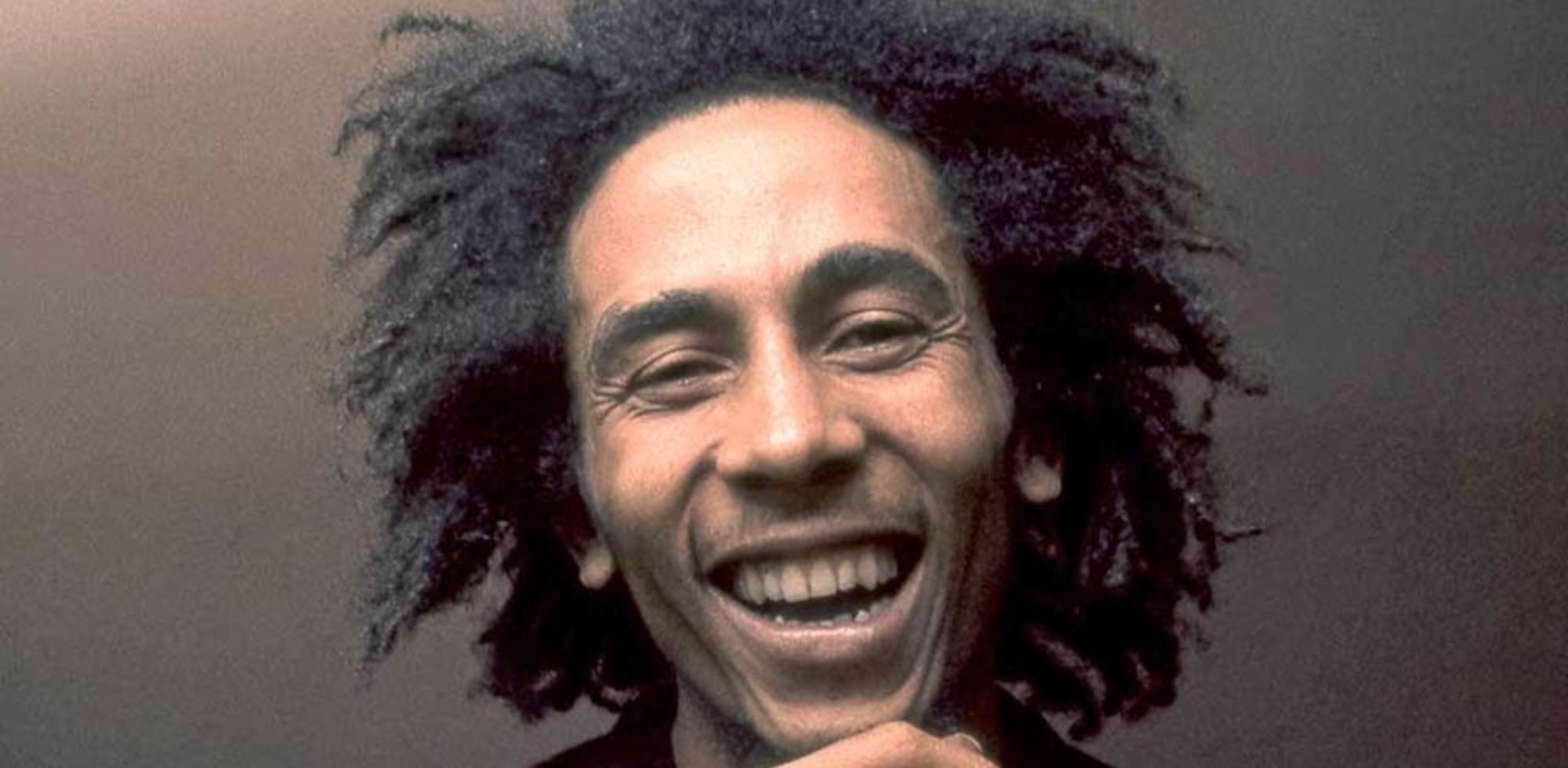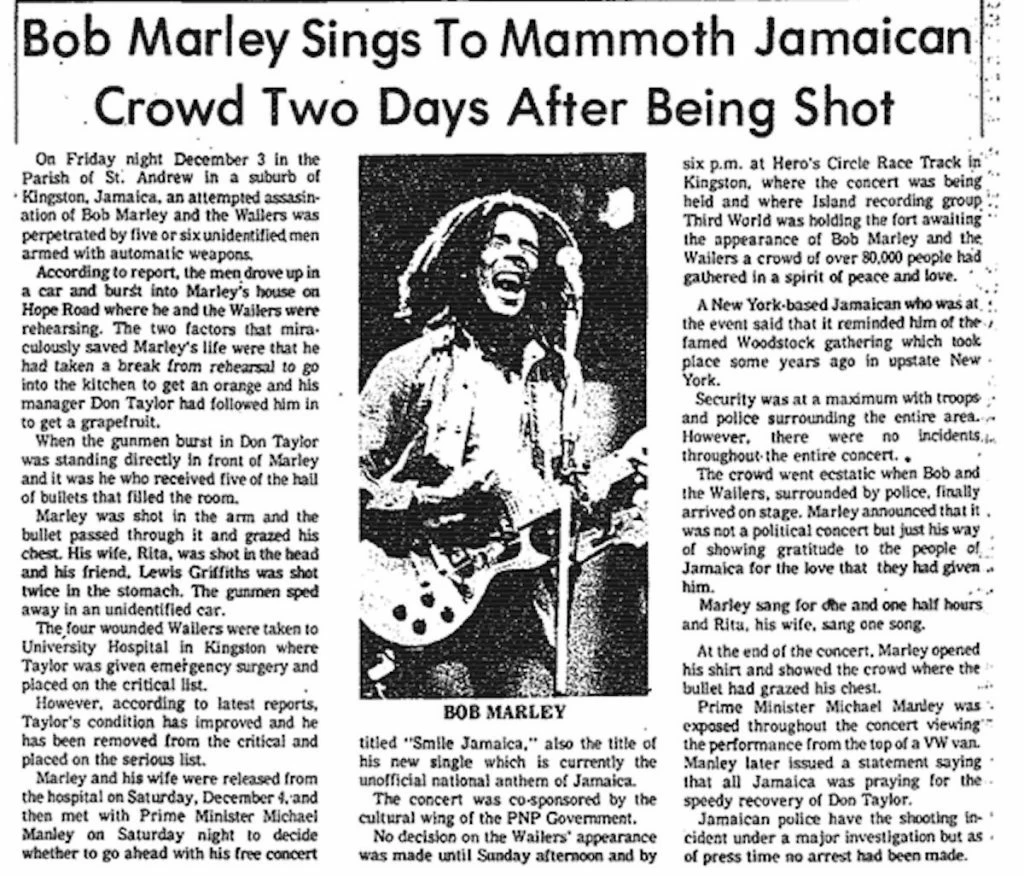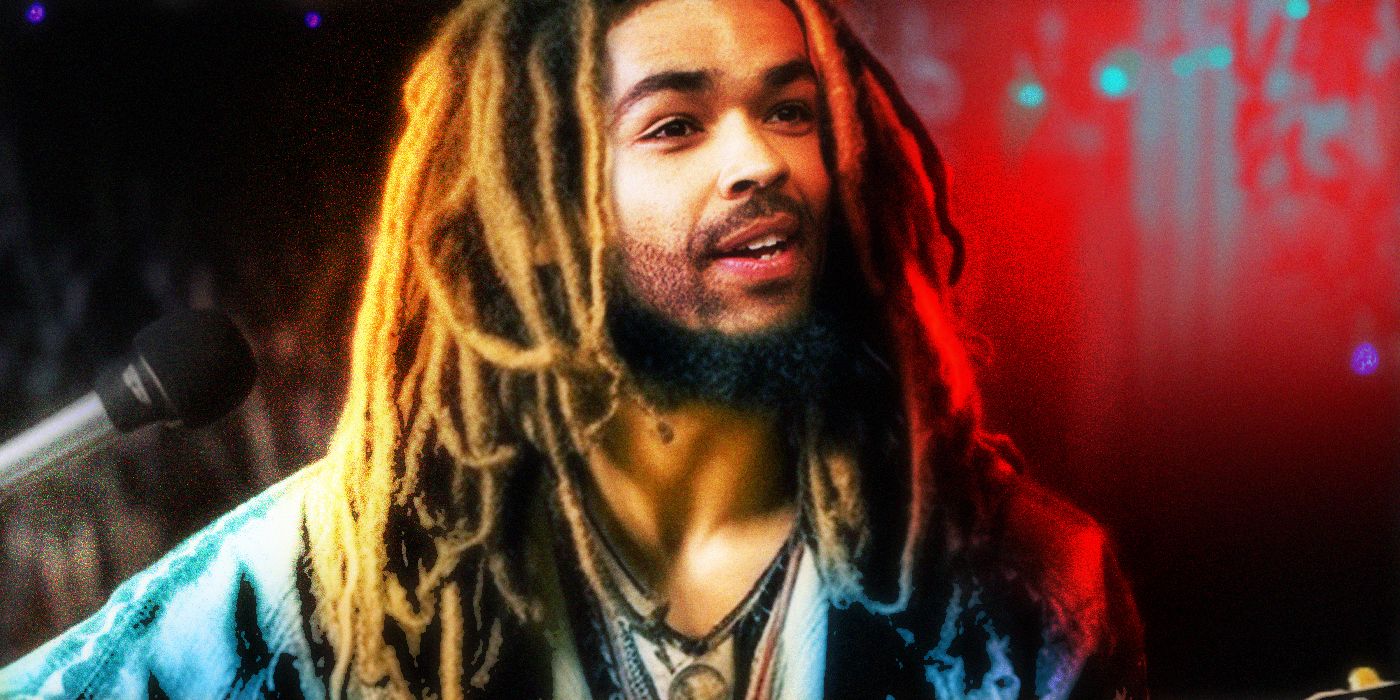Bob Marley's death remains one of the most poignant moments in music history, marking the end of an era for reggae and its global influence. His legacy as a musician, activist, and cultural icon continues to inspire millions worldwide. However, understanding the circumstances surrounding his death provides deeper insight into his life and contributions. This article dives into the reasons behind Bob Marley's passing, exploring both his health journey and the broader impact of his work.
Bob Marley's untimely death in 1981 left a void in the music industry and the hearts of his fans. At just 36 years old, his life was cut tragically short, leaving many to wonder how such a vibrant and influential figure could be taken so soon. This article delves into the details of his final days, the medical conditions that contributed to his death, and the lasting legacy he left behind.
As we explore why Bob Marley died, it's crucial to understand not only the medical aspects but also the cultural and social implications of his life and work. Through this exploration, we hope to honor his memory and provide clarity on a topic that continues to intrigue fans and researchers alike.
Read also:Arabella Kennedy A Comprehensive Guide To The Iconic Figure
Table of Contents
- Biography of Bob Marley
- Bob Marley's Health Journey
- Cause of Bob Marley's Death
- Medical Diagnosis and Treatment
- Bob Marley's Legacy
- Impact on Reggae Music
- Cultural Significance
- Family and Personal Life
- Memorials and Tributes
- Conclusion
Biography of Bob Marley
Bob Marley, born on February 6, 1945, in Nine Mile, Jamaica, was a legendary musician whose influence transcended borders and genres. He rose to fame as the frontman of The Wailers, a band that helped popularize reggae music globally. Below is a summary of his life and career:
Personal Data and Biodata
| Full Name | Robert Nesta Marley |
|---|---|
| Birth Date | February 6, 1945 |
| Birth Place | Nine Mile, Saint Ann Parish, Jamaica |
| Death Date | May 11, 1981 |
| Death Place | Miami, Florida, United States |
| Occupation | Singer, Songwriter, Guitarist |
Bob Marley's Health Journey
Bob Marley's health struggles began earlier than many realize. His journey with cancer started in 1977 when he was diagnosed with acral lentiginous melanoma, a rare form of skin cancer, on his toe. Despite the severity of the diagnosis, Marley initially refused surgery due to his religious beliefs.
Initial Diagnosis and Treatment
Marley's melanoma was discovered after he injured his toe during a soccer game. A biopsy revealed the cancerous growth, prompting doctors to recommend amputation of the toe. However, Marley, a devout Rastafarian, declined the procedure, citing spiritual reasons. Instead, he opted for a less invasive treatment that ultimately proved insufficient.
Cause of Bob Marley's Death
Bob Marley died on May 11, 1981, at the age of 36, due to complications from melanoma that had spread to other parts of his body. The cancer metastasized to his lungs, liver, and brain, leading to his untimely demise. His decision to avoid amputation and delay aggressive treatment contributed significantly to the progression of the disease.
Symptoms and Progression
In the final months of his life, Marley experienced severe fatigue, weight loss, and worsening pain. Despite undergoing treatment in Germany under the care of Dr. Josef Issels, who specialized in alternative cancer therapies, his condition continued to deteriorate. By early 1981, it became clear that the cancer had progressed too far for recovery.
Medical Diagnosis and Treatment
Marley's medical diagnosis highlighted the challenges of treating advanced-stage melanoma. Although modern treatments were limited at the time, his case underscores the importance of early intervention and adherence to medical advice.
Read also:Mark Zuckerberg Kids A Comprehensive Look Into The Family Life Of The Tech Mogul
Alternative Treatments
- Marley sought treatment from Dr. Josef Issels in Germany, who focused on holistic and natural approaches.
- His treatment included dietary changes, herbal remedies, and immune system support.
- Despite these efforts, the cancer had already spread extensively by the time he began treatment.
Bob Marley's Legacy
Bob Marley's legacy extends far beyond his music. He remains a symbol of peace, unity, and resistance against oppression. His songs, such as "No Woman, No Cry," "Redemption Song," and "One Love," continue to inspire generations worldwide.
Impact on Global Music
Marley's influence on global music is undeniable. He introduced reggae to international audiences, paving the way for other artists in the genre. His message of love and equality resonates across cultures, making him one of the most iconic musicians in history.
Impact on Reggae Music
Reggae music owes much of its global popularity to Bob Marley. His innovative approach to songwriting and his ability to blend social commentary with melody revolutionized the genre. Today, reggae continues to thrive, with countless artists citing Marley as their primary influence.
Cultural Significance
Beyond music, Bob Marley's cultural significance lies in his advocacy for social justice and his promotion of Rastafarian beliefs. His message of love, peace, and unity transcends borders, making him a universal symbol of hope and resilience.
Family and Personal Life
Bob Marley's personal life was as colorful as his music. He was married to Rita Marley, with whom he had several children. His family played a significant role in his career, often collaborating with him on projects and supporting his vision.
Children and Descendants
Marley's children, including Ziggy Marley and Damian Marley, have carried on his musical legacy, achieving success in their own right. They continue to honor their father's memory through their work and activism.
Memorials and Tributes
Bob Marley's memory is celebrated through various memorials and tributes worldwide. The Bob Marley Museum in Kingston, Jamaica, attracts visitors eager to learn more about his life and work. Additionally, numerous festivals, documentaries, and books have been dedicated to preserving his legacy.
Annual Celebrations
- Each year, fans gather in Jamaica and around the world to celebrate Bob Marley's birthday on February 6.
- Events such as Reggae Sumfest and One Love Festivals honor his contributions to music and culture.
Conclusion
Bob Marley's death was a tragic loss for the world, but his legacy endures. Understanding the reasons behind his passing provides valuable lessons about the importance of early medical intervention and the impact of personal beliefs on health decisions. As we reflect on his life, we are reminded of the power of music to unite people and inspire change.
We invite you to share your thoughts and reflections in the comments section below. Additionally, consider exploring other articles on our site that delve into the lives and works of influential figures in music and culture. Together, let's continue to celebrate the enduring legacy of Bob Marley.
Data and references for this article were sourced from reputable publications, including BBC, Biography.com, and History.com. These sources provide further insights into Bob Marley's life, music, and impact.


